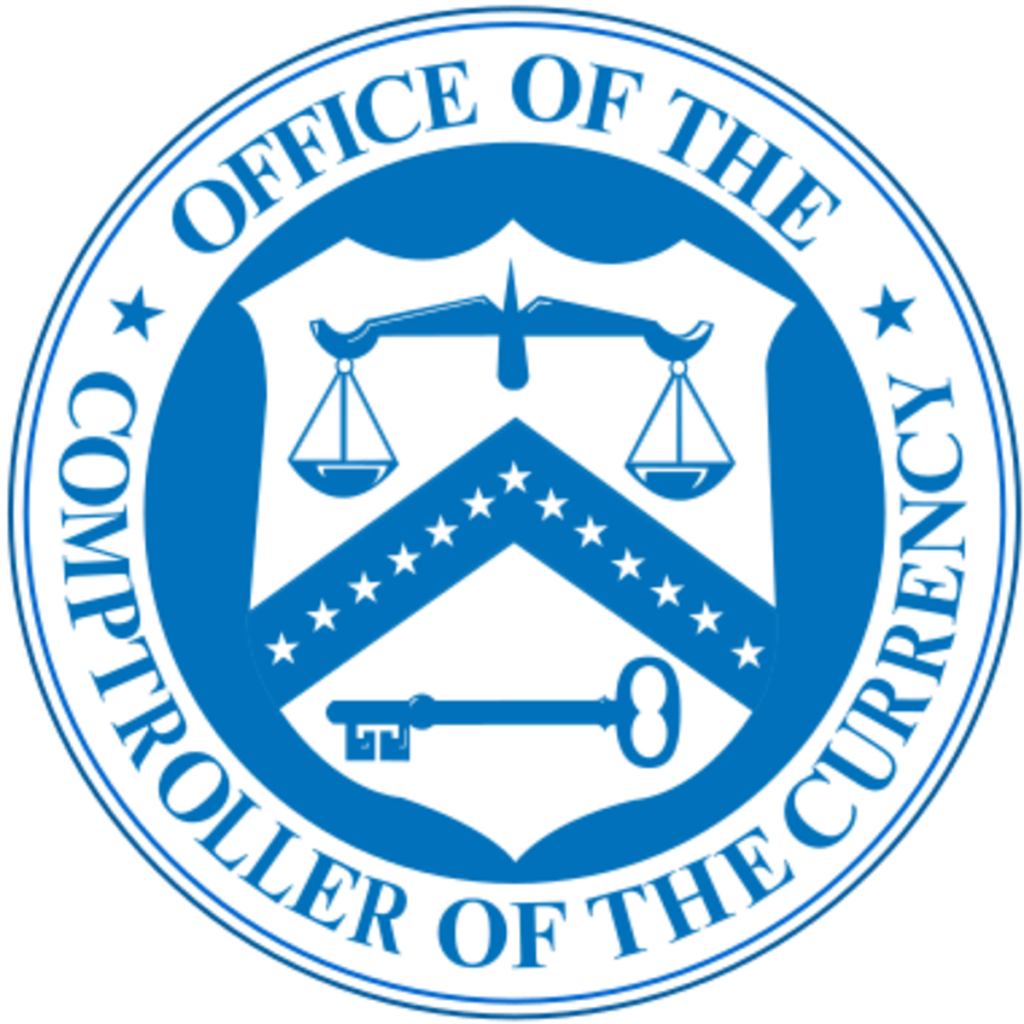Table of Contents
ToggleJPMorgan Chase: A Case Study in Regulatory Fines and Compliance Challenges
JPMorgan Chase, a titan in the global banking sector, has recently faced significant regulatory scrutiny, culminating in substantial fines and orders to overhaul its trade surveillance program. This report delves into the details of the fines, the underlying issues, and the broader implications for the banking industry.
Overview of the Fines
In a coordinated action by the Office of the Comptroller of the Currency (OCC) and the Federal Reserve, JPMorgan Chase has been fined a total of $348.2 million. The fines stem from what regulators have identified as “unsafe or unsound banking practices” related to deficiencies in the bank’s trade surveillance program.
- OCC Fine: The OCC imposed a $250 million civil money penalty on JPMorgan Chase for gaps in its trade surveillance program. These gaps led to the bank’s failure to adequately monitor billions of trading instances across at least 30 global trading venues.
- Federal Reserve Fine: The Federal Reserve fined the bank approximately $98.2 million for inadequate monitoring of trading activities for market misconduct.
The Issues at Hand
The regulatory bodies highlighted several critical issues in JPMorgan Chase‘s trade surveillance program:
- Gaps in Trading Venue Coverage: The bank failed to cover all necessary trading venues, leaving billions of trading instances unsupervised.
- Inadequate Data Controls: There were significant deficiencies in the bank’s data controls, crucial for maintaining an effective trade surveillance program.
- Failure to Monitor Market Conduct: The inadequacies in the surveillance program led to a failure in monitoring the market conduct of traders and clients, constituting unsafe banking practices.
Regulatory Orders

Beyond the financial penalties, both the OCC and the Federal Reserve issued cease-and-desist orders requiring JPMorgan Chase to undertake comprehensive corrective actions:
- Improvement of Trade Surveillance Program: The bank is ordered to correct the identified deficiencies and improve its trade surveillance program.
- Independent Third-Party Assessment: JPMorgan Chase is required to engage an independent third party to assess its trade surveillance program, ensuring compliance with regulatory standards.
JPMorgan Chase’s Response
JPMorgan Chase has acknowledged the issues, stating that the problems were self-identified and that significant remedial actions have already been taken, with more underway. The bank asserts that it has not found any employee misconduct or harm to clients or the market in its review of the previously uncaptured data. Furthermore, it does not anticipate any service disruptions to clients as a result of these resolutions.
Implications for the Banking Industry
This case serves as a stark reminder of the importance of robust compliance mechanisms within the banking sector. It highlights the need for:
- Comprehensive Surveillance Programs: Banks must ensure that their trade surveillance programs are comprehensive, covering all trading venues and activities.
- Strong Data Controls: Adequate data controls are essential for monitoring trading activities and ensuring compliance with regulatory standards.
- Proactive Compliance Measures: Financial institutions should adopt a proactive approach to compliance, identifying and addressing potential issues before they attract regulatory scrutiny.
Conclusion
The fines imposed on JPMorgan Chase underscore the critical importance of compliance and the potential consequences of regulatory failures. As the bank takes steps to address the deficiencies in its trade surveillance program, the broader banking industry must take note and reinforce their compliance frameworks to avoid similar pitfalls.












